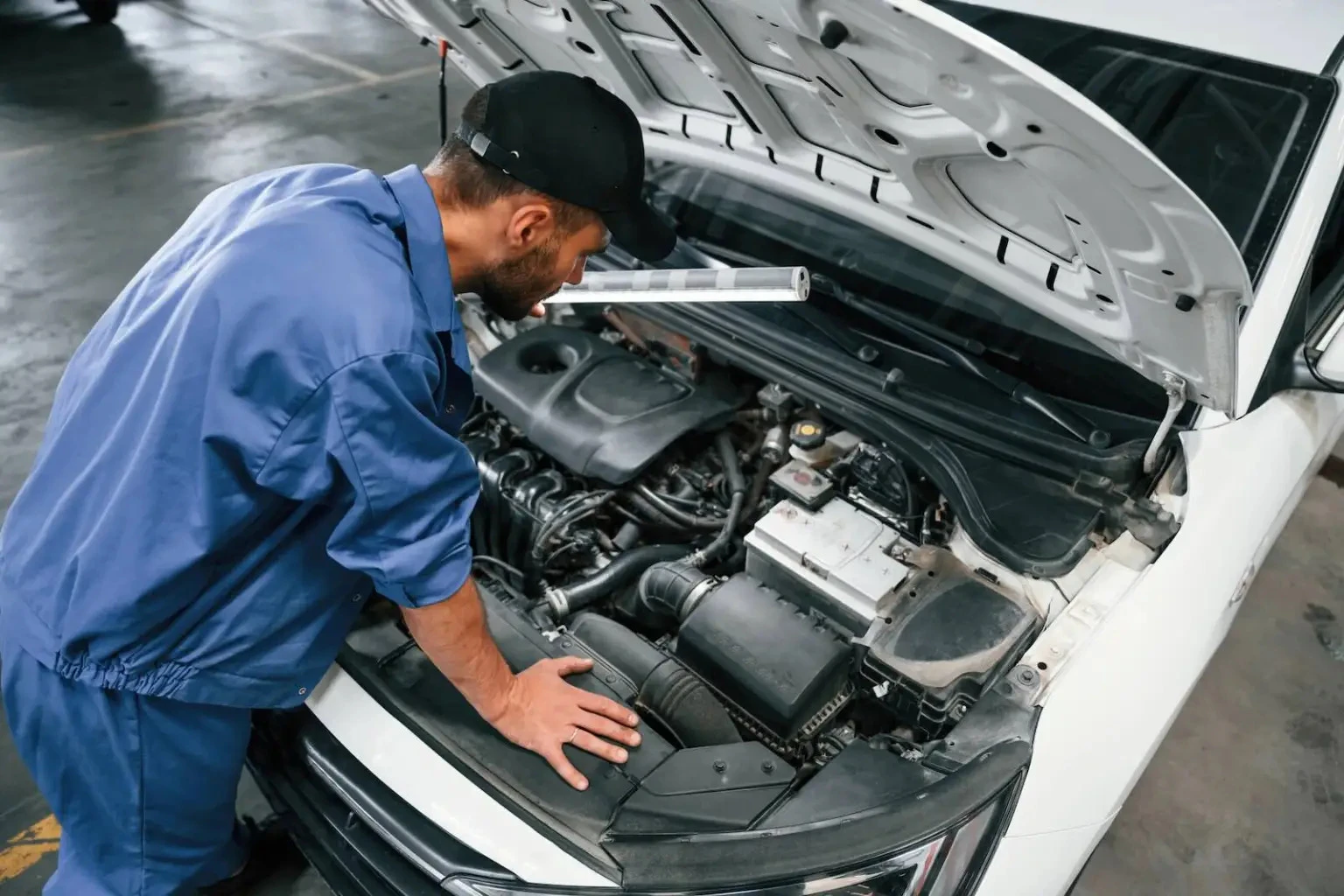3 types of noises that help you determine what problem your car is having that needs to be repaired
Sometimes, just by listening to the noise while driving, you can also judge what problems your car is having.
Unusual sounds emitted when the vehicle is operating are not only annoying but also a warning sign of potential internal problems. Identifying and accurately describing these types of noises will help technicians diagnose the vehicle's "disease" more quickly and accurately.
Here are three common noises and how they can help you identify what problem your car is having:
Noise is intermittent
This is a type of noise that comes and goes, often without a regular pattern. It can be a slight hiss, a rattle, or any other strange sound that suddenly comes and goes. This type of noise is often erratic — sometimes it seems to have a rhythm, but most of the time it is completely random, making it difficult to pinpoint the cause.

When notifying the repairman, you should clearly describe the frequency and time of the noise, is it regular, or just once and then stop? One of the most "frustrating" situations is when you bring the car to the garage and the problem does not appear again. So, try to note down the situation of the noise in as much detail as possible, such as when the car turns, when accelerating, or when braking?
These details are important clues for the mechanic to easily determine the cause. For example, a rattling noise when cornering may be related to the suspension system, while a squealing noise when braking is a sign of worn brake pads.
Noise increases with vehicle speed
The noise is rhythmic and increases as your car accelerates, as if the car is "tapping" to the speed.

You can test this by accelerating the car and seeing if the noise gets louder or faster. If it does, it could be coming from rotating parts like the wheels, driveshaft, axles, or brakes. Sometimes, uneven or unbalanced tires can also cause this noise.
Pro tip: roll down your windows and drive along a wall or through a tunnel, you can hear the echo clearly and even determine which side of the car the sound is coming from.
Noise from engine speed
This is a noise that varies with engine rpm, not vehicle speed. This means you will hear it increase when you step on the gas pedal, and decrease when you change gears. This can be a sign of a problem with the engine or exhaust system.

A simple way to check is to let the car run on the spot, gently press the accelerator. If the noise appears and increases with the engine speed, you should make an appointment to take the car to the garage for a repairman to check as soon as possible. Because if the problem is in the engine, this can lead to expensive car repair costs.
Should you diagnose car noise yourself?
Not only will identifying the problem yourself help you communicate more effectively with the mechanic and decide whether you can drive yourself to the garage or call for help, it will also help the mechanic prepare the necessary equipment and estimate the time it will take to complete the repair.
However, the most important thing is to always put your safety first. If you are unsure, do not hesitate to call a professional. Sometimes, being cautious is what saves you from bigger losses.
